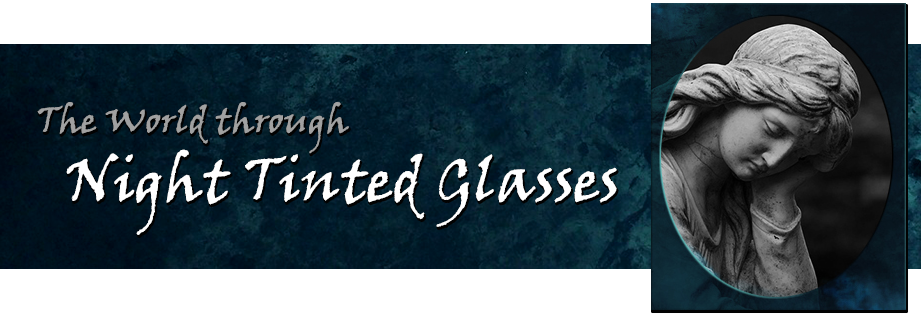 Dietrich Bonhoeffer was not a name with which I was familiar, but the little I read of him seemed more than interesting. Hence getting this book, a biography of the man by Eric Metaxas.
Dietrich Bonhoeffer was not a name with which I was familiar, but the little I read of him seemed more than interesting. Hence getting this book, a biography of the man by Eric Metaxas.For those of you who don't know, Bonhoeffer was German theologian and pastor before and during the second world war. He took part (very distantly) in a plot to assassinate Adolf Hitler which resulted in his execution by hanging (via piano wire) in the closing days of that war. He helped found the Confessing Church, a kind of alternate to the more-or-less Nazified Lutheran/Protestant Churches under the Third Reich. His twin sister and her Jewish husband fled the country. One of his brothers died with him, executed by the SS.
His story is of courage and idealism, of fierce faith and covert action in the face of a cruel, often psychotic tyranny. Alas, the book captures none of this save what one gets from a bare reading of the facts. A startling amount of background is simply ignored--not minute details but actual context that allows you to understand the subject of the book! One is never transported to the Imperial Germany, nor to the Weimar Republic nor even to Hitler's Reich. Nor do we ever get a sense of the other places Bonhoeffer visited and lived, like Portugal or Rome or New York City in the 1920s. Even more critically, the writer never brings the people to life. Enough surface detail is there to provide hints, but no more. Instead we get descriptions of surface with little depth. We are assured, for example, than Bonhoeffer was not arrogant although he could come across that way. Frankly, in the book arrogance is one of the few human traits he does indeed seem to possess (although exactly what form this took is left frustratingly vague).
We read of a romantic relationship he had for years, yet in which neither partner realized they were in love until too late. One would imagine this be important in a biography. Yet it gets less than five pages out of 542. As for the young lady's personality or history--nothing.
Likewise--and this is frankly more damning--the author seems not so much interested in telling the story of Dietrich Bonhoeffer as in using him as an example to promote a specific agenda. The biography of a theologian, for example, might be expected (as I certainly did) to include a detailed but objective discussion of Bonhoeffer's ideas, especially in the context of other beliefs. Instead we get all kinds of hints, subtle and otherwise, about what we are to agree with. The book routinely decries certain movements and ideas without discussing them at all--and by that I don't mean things like Nazi Racial Theories. Pietism, for example is mentioned and dismissed without any exploration. Likewise the idea of the "goodness of the world" is simply referred to as a dangerous notion. Why? And amidst all this, a perfectly specious reference to so called Intelligent Design (i.e. Creationism) appears for no good reason I can see. That at any time someone might disagree, honestly and reasonably, with the parts of Bonhoeffer's ideas the author finds so attractive seems a premise never seriously considered.
Plus I should mention an awkward turn of phrase here and there that makes me wonder at the Metaxas' skills. "Wonderfulness" and "Evilness" are not words I look for in good writing. And then there are the factual errors. For example, the Nazi Regime was not tolerant of homosexuals, using the excuse of their new draconian laws against same to persecute for other reasons. While some leaders of the Third Reich more-or-less ignored the issue, it was Himmler (accurately described as the most Anti-Christian of the bunch) who insisted upon trying to stamp out male homosexuals (lesbians were generally ignored). One has to wonder at such agenda-specific inaccuracy.
Interesting subject. Not a good book. In this case, the author got in the way of the subject.




Dorian_Gray_1.jpg)







